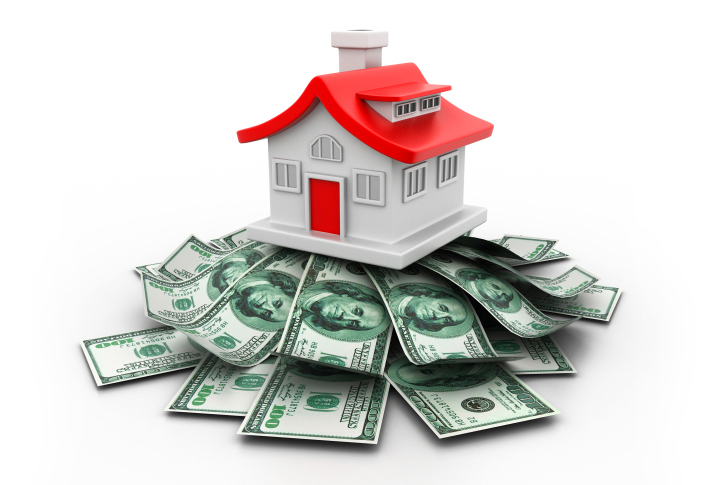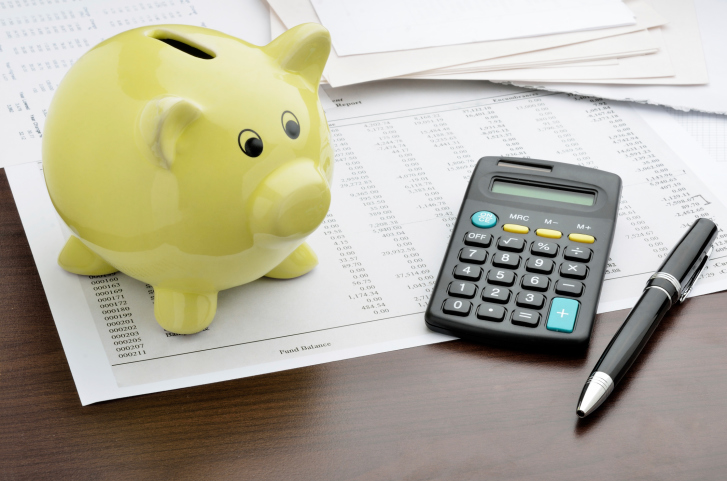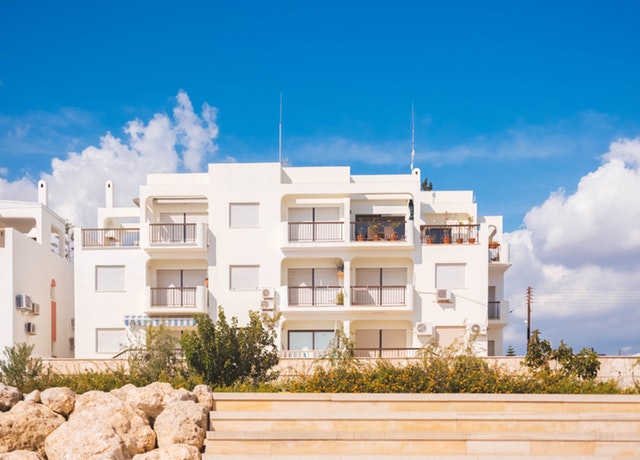The Home Buyer Assistance Program Provides Assistance To Local First-Time Homebuyers
 Recently, the local region’s subcommittee held a meeting using videoconferencing and discussed a new version Home Buyer Assistance Program. The Home Buyer Assistance Program has been designed to help first-time homebuyers by providing a down payment of up to $25,000. The funding for the Home Buyer Assistance Program is going to come from the city’s reparations fund.
Recently, the local region’s subcommittee held a meeting using videoconferencing and discussed a new version Home Buyer Assistance Program. The Home Buyer Assistance Program has been designed to help first-time homebuyers by providing a down payment of up to $25,000. The funding for the Home Buyer Assistance Program is going to come from the city’s reparations fund.
The local city council agreed to deposit up to $10 million in tax revenue from the city into this fund. It appears that some of it will be used to help people purchase their first home.
An Overview Of The Home Buyer Assistance Program
The Home Buyer Assistance Program has been put together using feedback from the local community. All of these recommendations were taken into account when looking at how to remedy the situation. It was clear, across the board, that the priority was housing. Minority communities in the local area have been struggling for decades. One of the ways to help these underserved populations is to provide them with stable housing.
The Home Buyer Assistance Program is going to provide no-interest, forgivable loans that come from the reparation funds. Now, thanks to this program, first-time homebuyers will be able to purchase homes anywhere in the city. The goal of this program is to remedy historical segregation, which will help increase diversity across the city.
Who Is Eligible For The Home Buyer Assistance Program?
The Home Buyer Assistance Program will limit those who qualify for assistance. Some of the key conditions of the program include:
- Applicants must be a resident of African-American descent
- Applicants must have suffered discrimination in some way as a result of the city’s policies
- Applicants must be a direct descendant of someone who lived in the local area between 1919 and 1969 or suffered discrimination in some other way
These criteria are fairly broad and should open the door to plenty of people who can take advantage of the money provided by the Home Buyer Assistance Program to purchase their first home. With the current state of the housing market, there are countless individuals and families in the local area who might be able to move to a safer area of town.
 If you are looking to buy a home one day but don’t think you are ready just yet, you are not alone. One of the most important tasks that you have to complete involves getting your finances in order.
If you are looking to buy a home one day but don’t think you are ready just yet, you are not alone. One of the most important tasks that you have to complete involves getting your finances in order. Investing in real estate is a great way for someone to diversify his or her assets; however, there is a common hurdle that almost all real estate investors face. This comes in the form of a down payment.
Investing in real estate is a great way for someone to diversify his or her assets; however, there is a common hurdle that almost all real estate investors face. This comes in the form of a down payment.